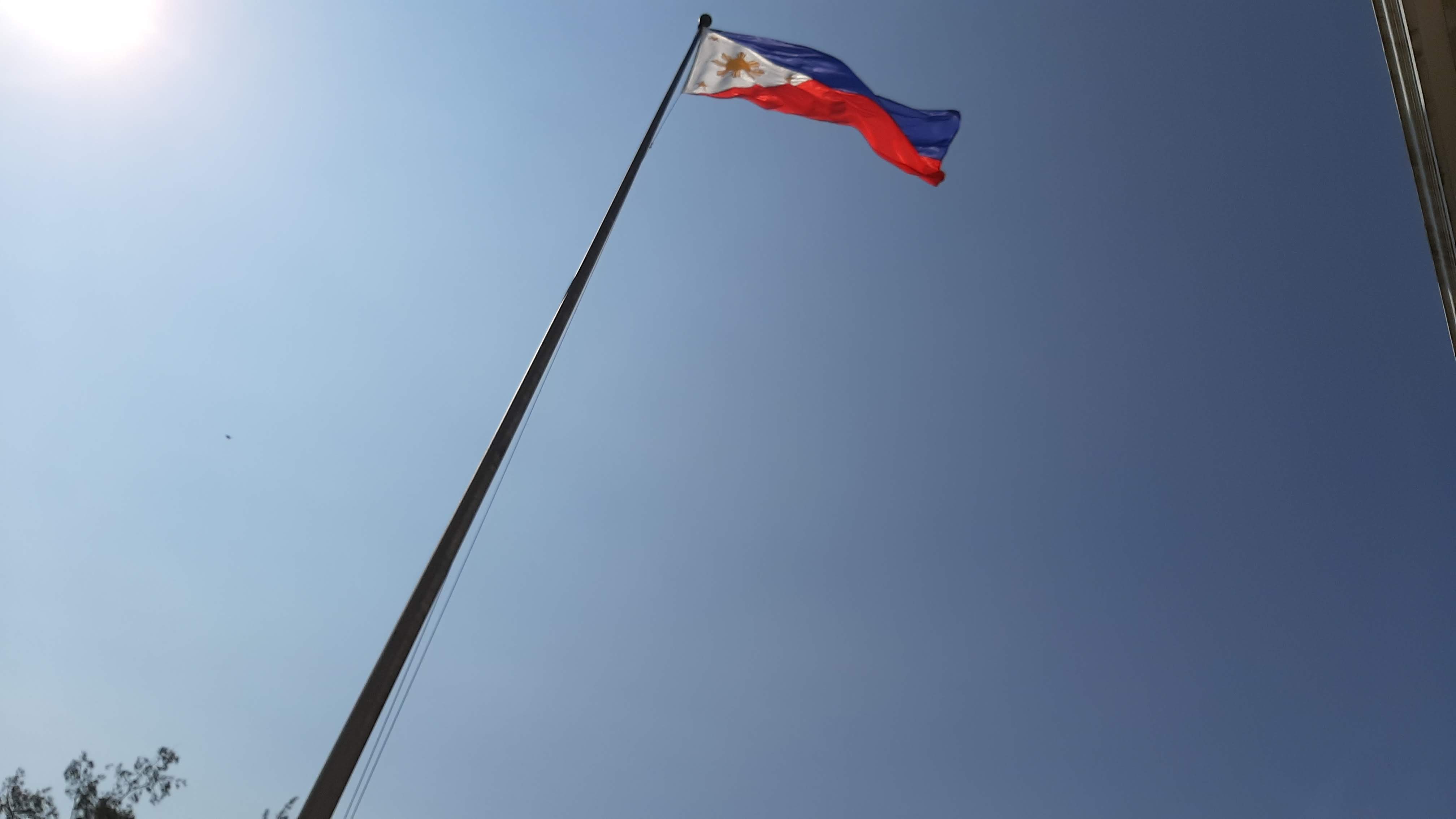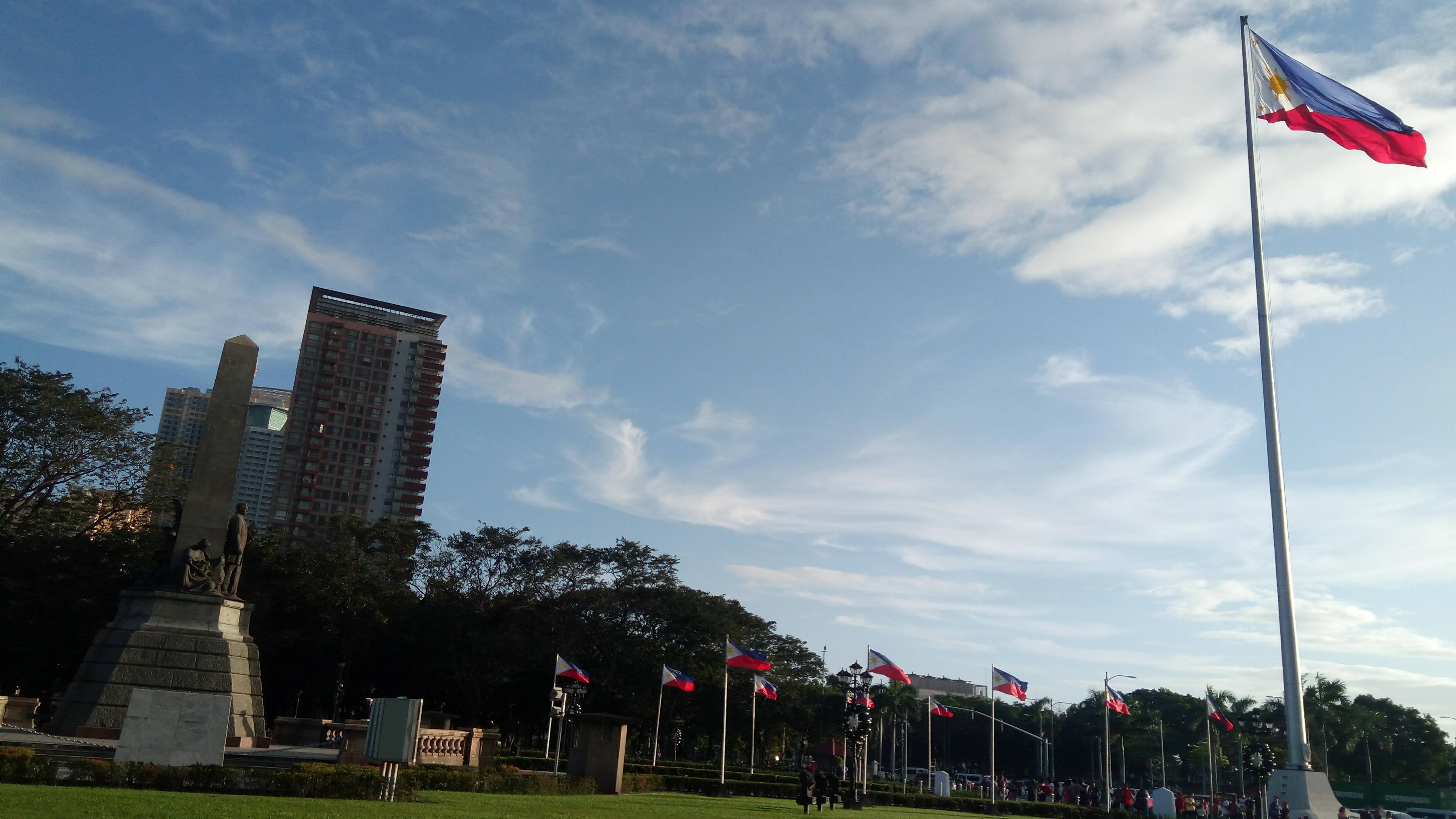Here’s a salute to the country and its people determined to free themselves from the yoke of Spain, and participate in the community of nations. Today we remember that it is the Filipino people who first attempted to establish the first constitutional republic in Asia, brave enough to challenge 300 years of Spanish dominance and further determined to defend that recently-established sovereignty against the aggression of the United States.
Some may argue that the independence our heroes fought for and proclaimed on June 12, 1898, if not invalid, was so short lived that it’s not worth celebrating, and that the true independence day would be July 4, 1946, when the Americans gave the Philippines its independence. However, we look to June 12 and celebrate it not because it fits the state’s purposes, whatever they may be, nor is it a manifestation of misplaced nationalism and a blatant distortion of the facts. Quite to the contrary, it is the manifestation of the changing nature of historical narratives. The past is absolute; the past cannot be changed, but the way we tell the past can change.
It is exactly why we look at June 12 with pride and honor. It’s not just because Aguinaldo declared it (although yeah sure that’s part of the narrative). It is an assertion and a rejection at the same time.
It is an assertion of the version of history where the Filipino people declared its nationhood and sovereignty by forming a republic and defending it against all odds, where it asserted its willingness to forge its destiny apart from any colonial power and its willingness to be accepted by the community of nations. It is an assertion of that narrative where the Katipunan and its subsequent governments were fighting a revolution, not a mere insurgency, and that the FIlipinos fighting for it were called revolutionaries, heroes of the people, and not rebels, insurgents, ladrones, bandoleros, bandidos or even monkeys.
Furthermore, it is a rejection of the version of history peddled by the colonial powers. It rejects the narrative that the Filipinos weren’t ready for independence, and if not for the Americans they wouldn’t be able to govern themselves. It is a statement against all the narratives and efforts made to legitimize American (and colonial) occupation of the Philippines.
Here one sees how narratives can change from one perspective to another — from one purpose to another. The various narratives of the revolution and independence may be tainted by bias or intention by authors, whether we like it or not, or whether the authors knew it or not. Objectivity in history is not attainable in its entirety, and knowing this we can but make choices. While we allow academics all over the world to discuss this in detail and among themselves, our official narrative must be that which serves the Filipino people best.
Mabuhay ang Katipunan!
Mabuhay ang Pilipinas!
Maligayang Araw ng Kasarinlan!



